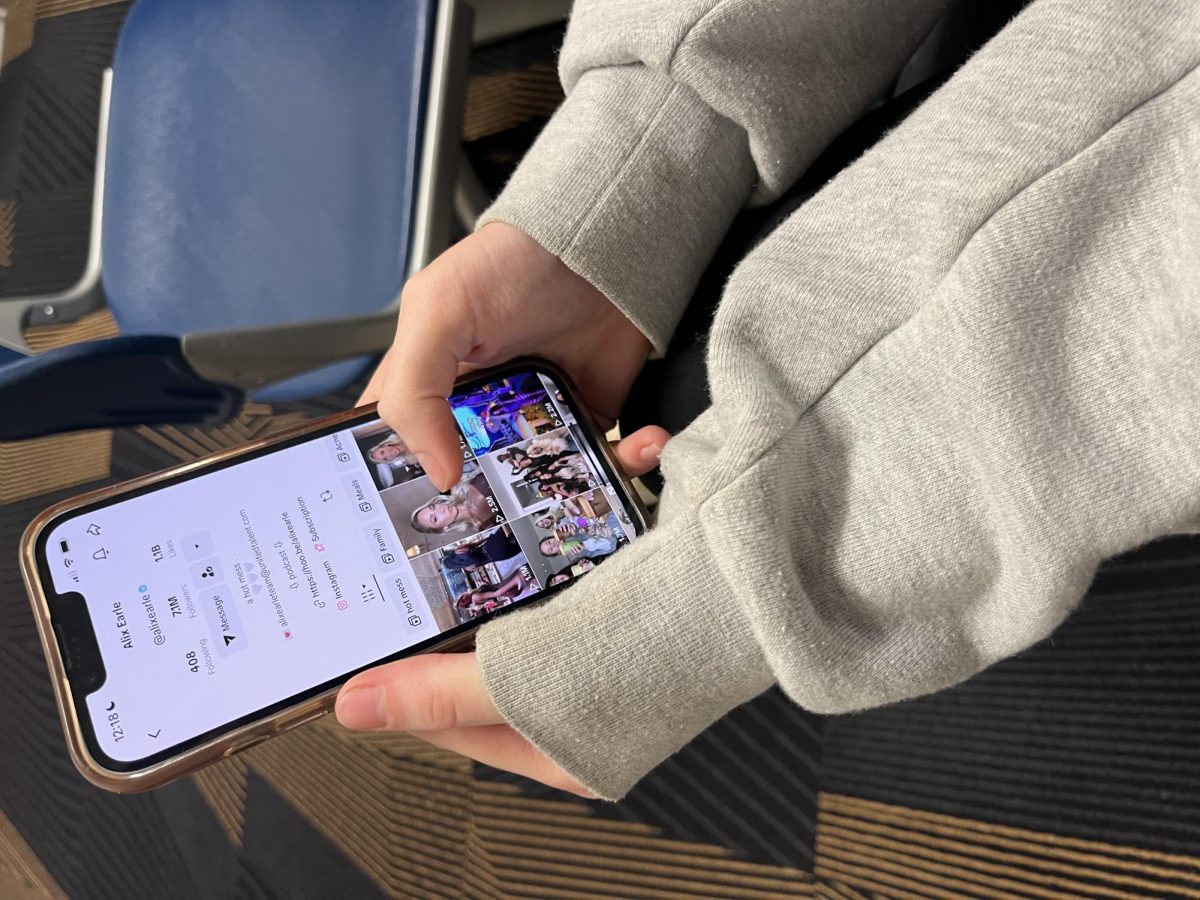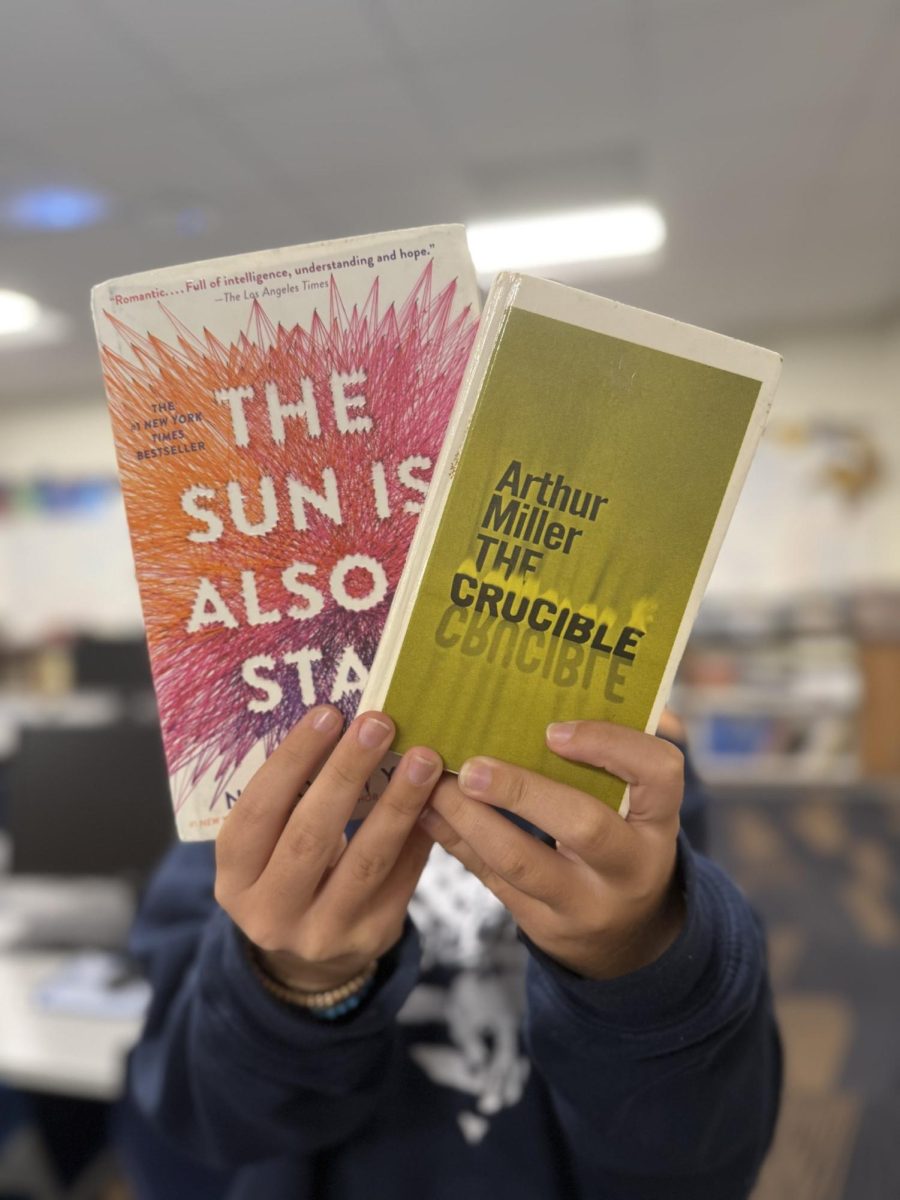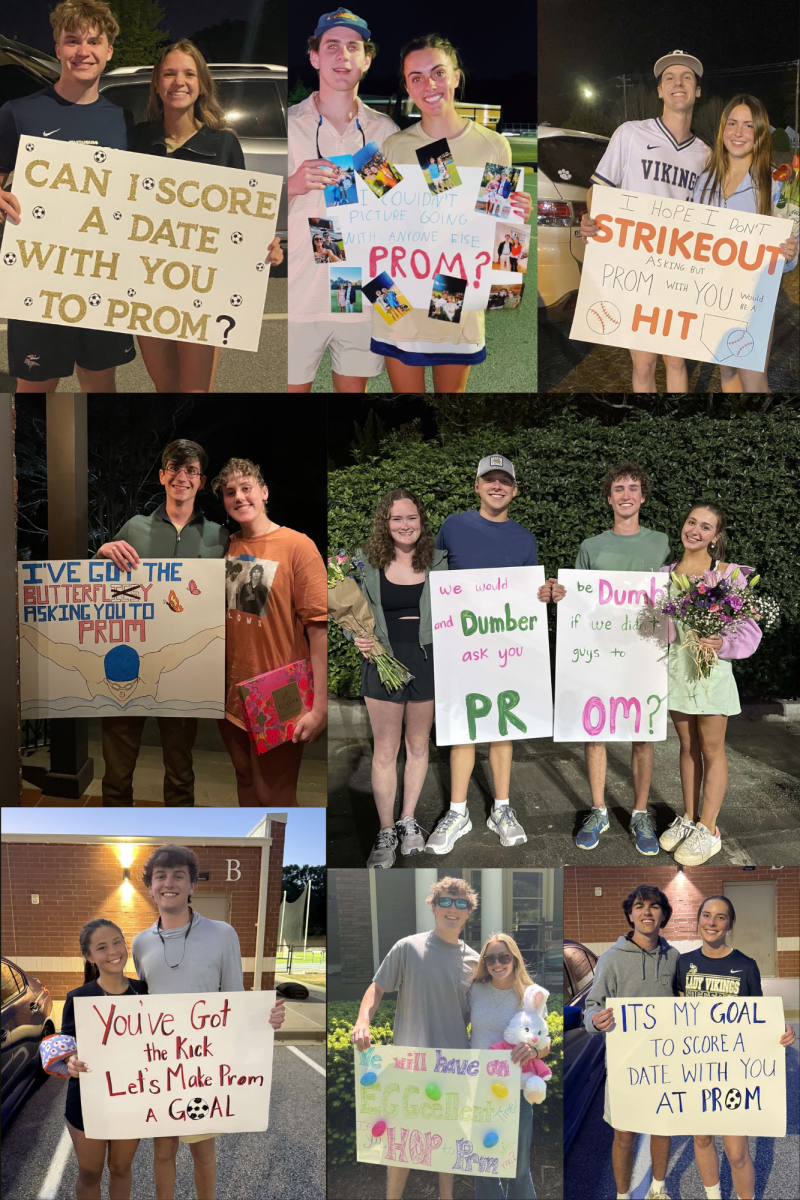In today’s digital landscape, social media influencers wield a significant power—one that shapes consumer behavior and cultural trends.
Knox Eaton (12) may not actively follow any influencers, yet he acknowledges their subtle impact on his choices.
“Influencers have a bigger impact on my choices than I’d care to confess,” Eaton said.
According to charleagency.com, there are over a million creators on TikTok, with more than 100,000 using the platform as their primary profession. This rise in influencers can be attributed to TikTok’s dynamic environment, which fosters rapid content creation and consumption. But what drives individuals to follow these influencers?
For Ruthie Kimsey (12), who follows 67 influencers on TikTok, the appeal lies in the diverse perspectives they offer.
“I’m really interested in how different people live,” Kimsey said. “Each influencer has their own story and style, and seeing what they share gives me insight into a variety of lifestyles.”
A desire for connection and understanding is a key reason many users engage with influencer content. This trust transforms influencers into credible sources, enhancing the effectiveness of their endorsements.
Darby Ruff (11) is an active social media user who recognizes the influence of these social media figures.
“I often browse through influencers’ Amazon storefronts or LTK [Like to Know]. When I follow an influencer, I trust their opinions, which leads me to explore their recommendations,” Ruff said.
However, not all influencers just promote items for consumers to buy. A study published in “Cyberpsychology, Behavior, and Social Networking” found that excessive exposure to idealized images can lead to body dissatisfaction and anxiety among young users.
Research from influencermarketinghub.com emphasizes the success of influencer marketing, revealing that influencers can be more successful in selling products than traditional advertising methods. Influencers build a community of trust with their audience, and as they develop a parasocial relationship—where followers feel a personal connection—it becomes easier for them to promote products. To their followers, these influencers are not just distant celebrities; they are relatable peers whose opinions resonate.
In a world increasingly dominated by likes and followers, the hidden power of social media influencers is indisputable. Their ability to connect, inspire, and influence choices highlights a larger trend in consumer behavior, restructuring how brands approach marketing in a rapidly evolving digital age.









